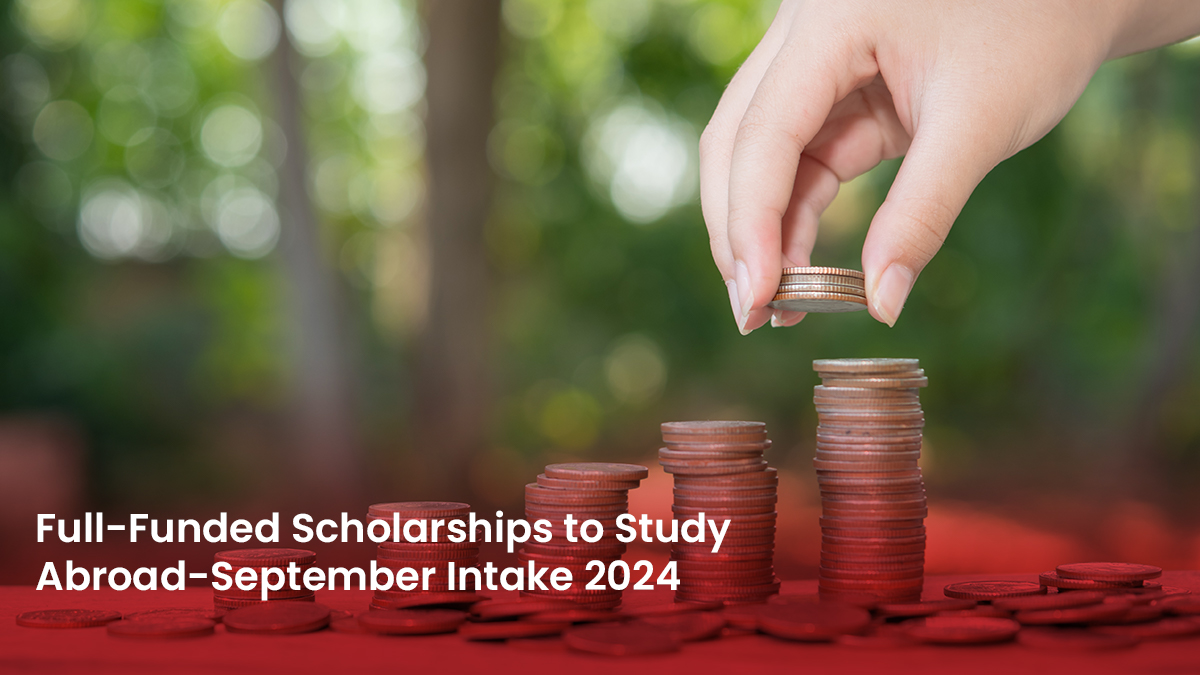To help students in deciding whether to study abroad, let’s discuss some common misconceptions about overseas education.
Expensive
It’s a common misconception that studying abroad is expensive. In reality, the cost of overseas education really depends on the country and the higher educational institutions (HEIs). This misconception may have come from the fact that many famous study destinations are in Europe. However, even though European nations have a high quality of life, it does not mean everything is inherently expensive. For example, in Germany, tuition fees are either free or very cheap after the government abolished them from almost all public universities. Also, there are thousands of scholarships and financial aid that students can apply for to make education abroad more accessible.
There are other places where students can get a world-class education at an affordable price such as Malaysia. Aside from having high-ranking universities, Malaysia is also one of the most affordable places for international students.
You Must Learn Another Language
If you are an English speaker or use English as a second language, there’s a big chance you can access many different programs worldwide, even in countries where English is not an official language. For example, France, whose official language and medium of teaching are French, has increased its number of English courses since 2018.
In other countries, some institutions even teach programs in another language aside from English and their medium for teaching to better accommodate the increasing number of students coming from different countries.
Takes Too Long to Finish
For some students, studying abroad might take their precious time and delay their graduation. Many people’s image of studying abroad is of the traditional one where the minimum duration of studying is one semester and can take as long as one year to even four years.
In many institutions, studying abroad may also take around one to two weeks to a month, and may come in the form of summer programs, exchange programs, or through a specialty course.
It is Unsafe
While it is true that some countries may be relatively safer than others, a place can be safe if people follow safety precautions, policies, and exercise better judgment in everything they do. Moreover, most HEIs have their own processes and policies in ensuring the safety of international students studying in their institutions.
Too Early or Too Late to Study Abroad
Many students below the age of twenty sometimes have this misconception that it might still be too early for them to study abroad. On the other hand, working professionals or older students think it is already too late for them. However, in many cases, there really is no age prerequisite to pursuing an education, and this includes a foreign education.
Whether you are studying for an undergraduate or postgraduate degree, or even a short course, studying abroad will always remain useful and accessible to different ages.
The way to reduce the many misconceptions about overseas education is by doing your own research. Thus, reading a lot about your host country, and asking alumni about their experience abroad is important.
Education abroad is more than just degrees and a space in one’s CV or resume. In fact, it also teaches skills crucial in one’s life. To know more, check out MSM Unify’s article on Life Skills You Can Develop as an International Student.
















































